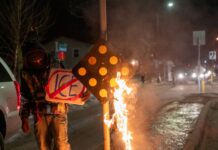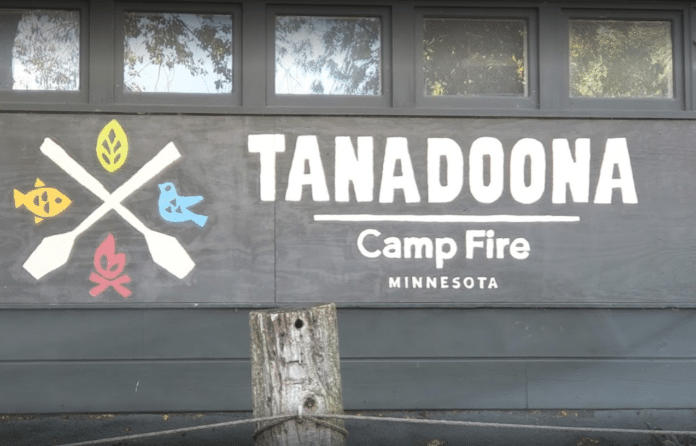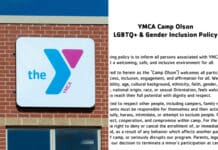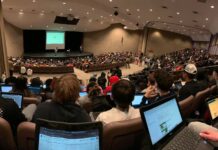A Minnesota summer camp notorious for teaching kids leftist gender ideology announced that it is changing what it is called due to “cultural appropriation” associated with its previous name.
Camp Tanadoona will now be called Camp Fire Minnesota. In an email and a statement on its website, the camp said its name change is part of an effort to “address past and current Native American cultural appropriation and to work diligently to repair harm.”
The camp was recently featured by Alpha News when a parent reached out to express concern about sending her third-grader to the day camp for a school field trip. That report detailed how the camp trains staff to host “conversations and questions” on kids’ “gender and sexuality.” The parent also discovered that Camp Tanadoona encourages campers to share their pronouns after speaking with an education manager at the establishment.
The recent announcement on the name change comes after camp staff “obtained a copy of the Camp Fire Book of Names, published in 1915.” The camp has been in business for over 100 years. “Tanadoona” was a made-up word meant to sound like it came from a Native American language, the book confirmed.
“This practice is culturally appropriative and harmful, so we will immediately end use of the word ‘Tanadoona’ and officially change it to Camp Fire Minnesota,” a statement reads.
“Acts of appropriation cause real harm,” and the American Psychological Association is calling for an end to all cultural appropriation, the camp says, further explaining the name change.
A page on the camp’s website then details all the other times it reportedly appropriated culture: “Camp Fire has used totem poles, gowns, language, stories, ceremonies, and many other practices that have been taken from or were made to mimic Native American and Indigenous cultures.”
The camp has “caused harm” and “pain” with these practices, its leaders say, adding that they are now dedicated to “repair our relationships with Native people and organizations.”
In a video to campers, a staffer tells kids that they want “everyone to feel welcome at Camp Fire.”
“If you accidentally say ‘tanadoona,’ that’s okay. We’ll all get better at it together,” she says.
Changing its name is “just one step,” Camp Fire acknowledges. It next plans to release an “Inclusion Plan” for its “equity work” in the upcoming months.
Already, the camp’s website says they “welcome and affirm Lesbian, Gay, Bisexual, Transgender, Queer, Asexual, Intersex, and Two-Spirit (LGBTQIA2S) campers and staff.”
They also offer housing options for trans and non-binary students, “in accordance with their gender identity and preferred cabin option.”
Meanwhile, school districts like Orono Public Schools continue to send children to the camp that teaches kids about alternate genders and sexualities.
Alpha News spoke with a concerned parent, who said, “[Orono Schools] certainly aren’t vetting [topics] well in this changing world.”
Camp Fire Minnesota said in its annual report that more than 16,000 Minnesota kids participated in its virtual and in-person programs in 2020.











